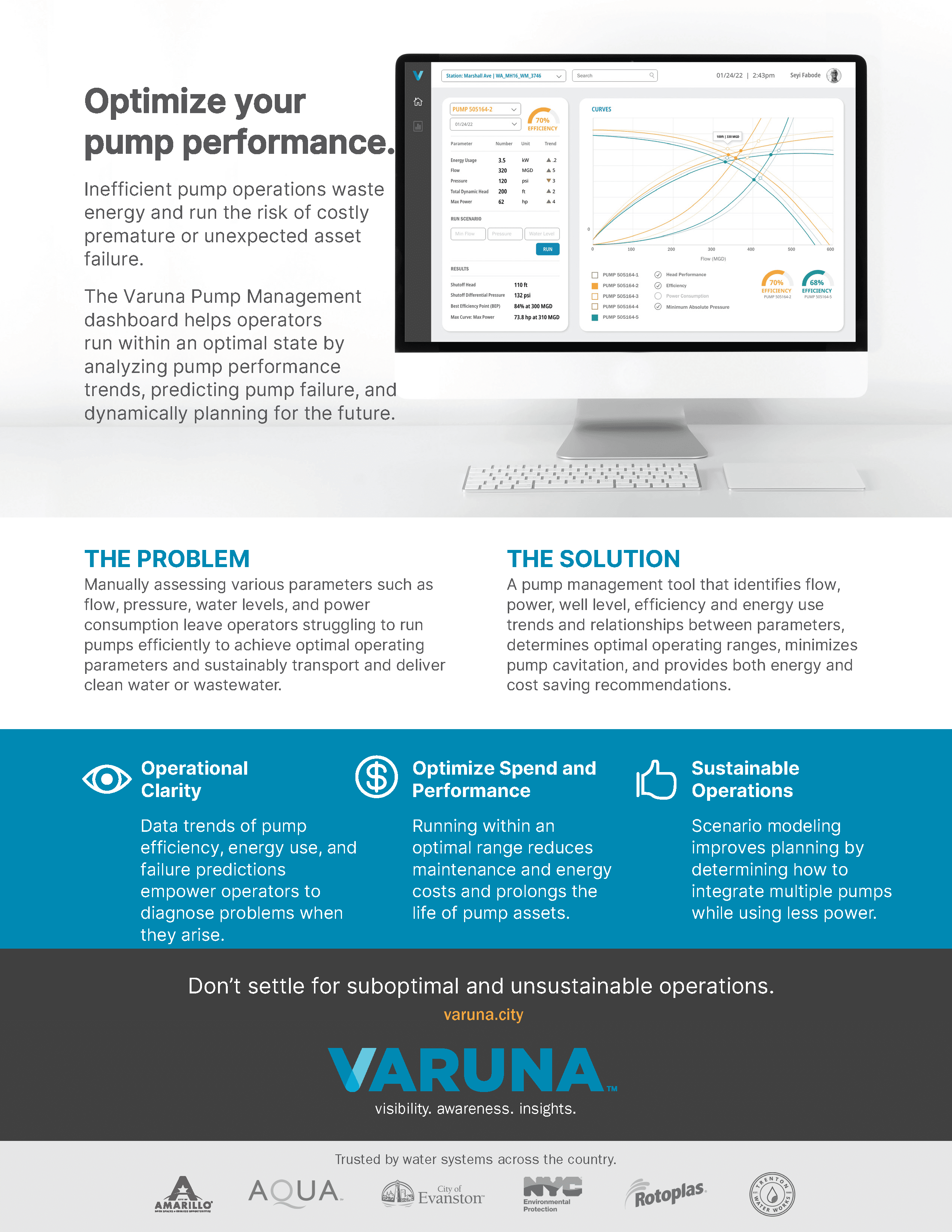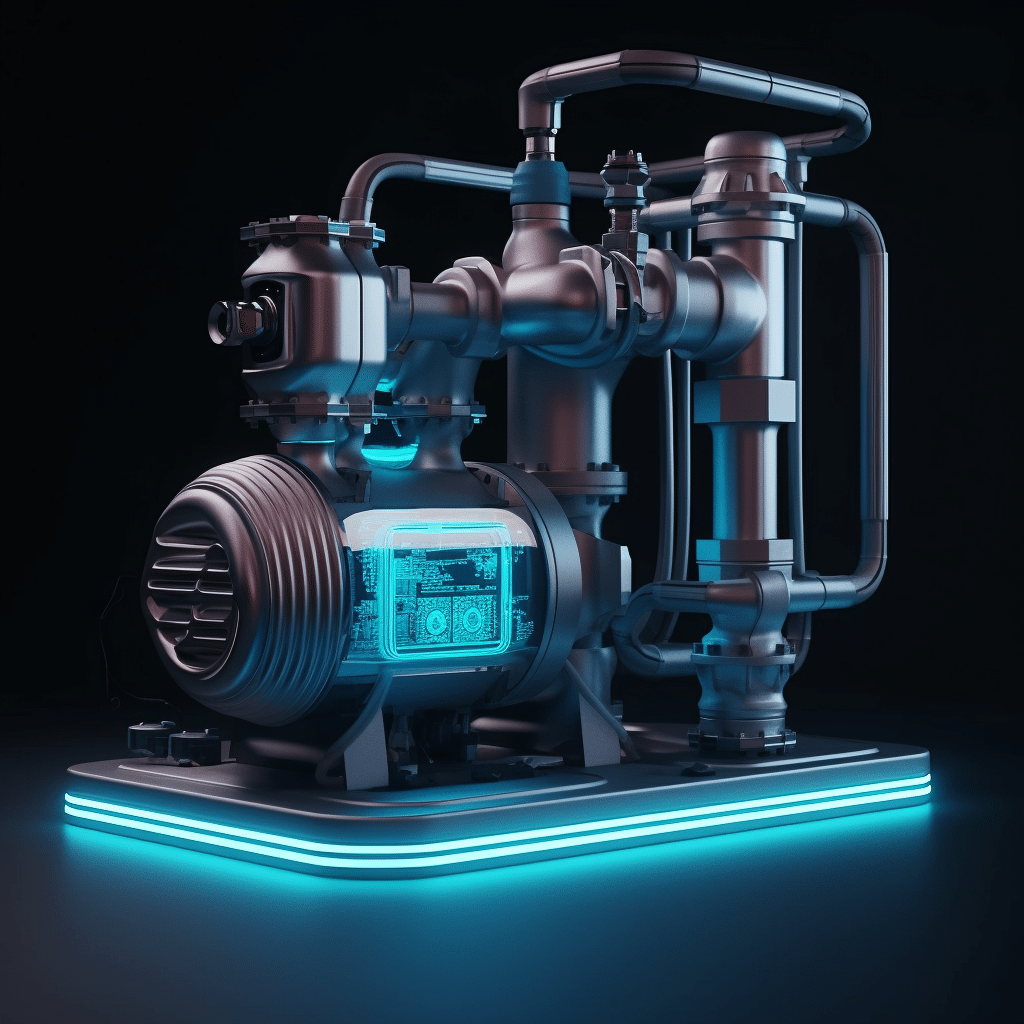In engineering consulting, the paradigm of manual optimization has long been the gold standard for designing energy-efficient water systems. As project managers, we’ve been conditioned to meticulously adjust parameters, run complex simulations, and utilize years of expertise to achieve our goals. However, as the world evolves and new technologies emerge, the engineering consulting industry must adapt and reconsider its approach to energy optimization in water systems.
Much like the power utility industry, which has managed to strike a balance between stability and agility, it’s time for engineering consulting firms to embrace advanced technologies such as artificial intelligence (AI) and machine learning (ML) in optimizing water systems. By leveraging AI and ML algorithms, we can revolutionize the way we design, operate, and maintain water systems, leading to greater efficiency, cost-effectiveness, and sustainability.
For instance, AI-driven optimization algorithms can be employed in pump scheduling. By analyzing hydraulic models, flow patterns, demand forecasts, energy tariffs, and pump efficiency curves, AI algorithms can optimize pump operations, minimizing energy consumption while maintaining the desired level of service. Techniques like reinforcement learning and genetic algorithms can be harnessed to iteratively improve pump schedules based on performance, significantly reducing the need for manual intervention.

Moreover, AI can be utilized for predictive maintenance and asset management. Machine learning models can be trained on historical data and real-time sensor measurements to accurately predict component performance, detect anomalies, and estimate the remaining useful life of equipment. This enables informed decision-making for maintenance, repair, or replacement of assets, reducing downtime and preventing energy waste due to inefficiencies.
Additionally, AI can aid in optimizing the design and operation of water distribution networks. Through the analysis of hydraulic simulations, pressure levels, and energy consumption data, AI algorithms can identify bottlenecks, inefficiencies, and areas for improvement within the system. Based on this analysis, the AI tool can recommend modifications such as resizing pipes, adjusting valve settings, or reconfiguring network topology, to enhance overall energy efficiency.
The transition toward AI-driven optimization is undoubtedly challenging, as it necessitates a cultural shift within the engineering consulting industry. It requires a willingness to embrace change, invest in advanced technologies, and rethink traditional methodologies. However, the potential benefits of incorporating AI and ML in the design, operation, and maintenance of water systems are immense.
As project managers at engineering consulting firms, the choice is yours: will you wait, or will you adopt AI-driven optimization techniques and spearhead the charge toward a more sustainable, efficient, and agile future in water systems design and management?
[Written with the help of AI]

